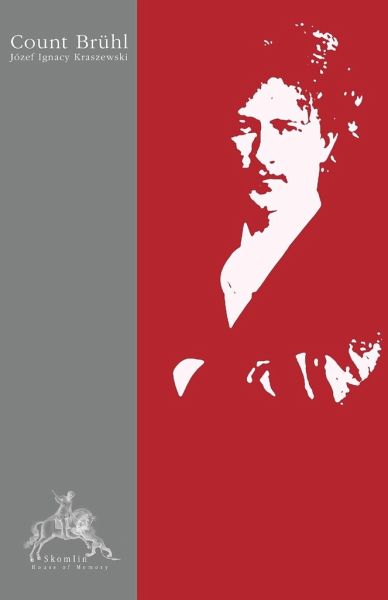
Count Brühl
Versandkostenfrei!
Versandfertig in 1-2 Wochen
18,99 €
inkl. MwSt.
Weitere Ausgaben:

PAYBACK Punkte
9 °P sammeln!
Count Henryk Brühl (1700–1763) was a statesman at the court of Saxony and the Polish–Lithuanian Commonwealth who rose meteorically from a Dowager Countess’ page to Prime Minister of the King. With determination and ruthless cunning he managed to despatch his rivals and control the King and through him, Saxony and Poland. He was the presiding genius of the regime, much like Thomas Cromwell to Henry the VIII. But his ambition and greed exceeded his political ability and finally left the country bankrupt and utterly unprepared to face the attacks of the Prussian king. This is the story of ...
Count Henryk Brühl (1700–1763) was a statesman at the court of Saxony and the Polish–Lithuanian Commonwealth who rose meteorically from a Dowager Countess’ page to Prime Minister of the King. With determination and ruthless cunning he managed to despatch his rivals and control the King and through him, Saxony and Poland. He was the presiding genius of the regime, much like Thomas Cromwell to Henry the VIII. But his ambition and greed exceeded his political ability and finally left the country bankrupt and utterly unprepared to face the attacks of the Prussian king. This is the story of the rise and fall of one of history’s forgotten legends.












